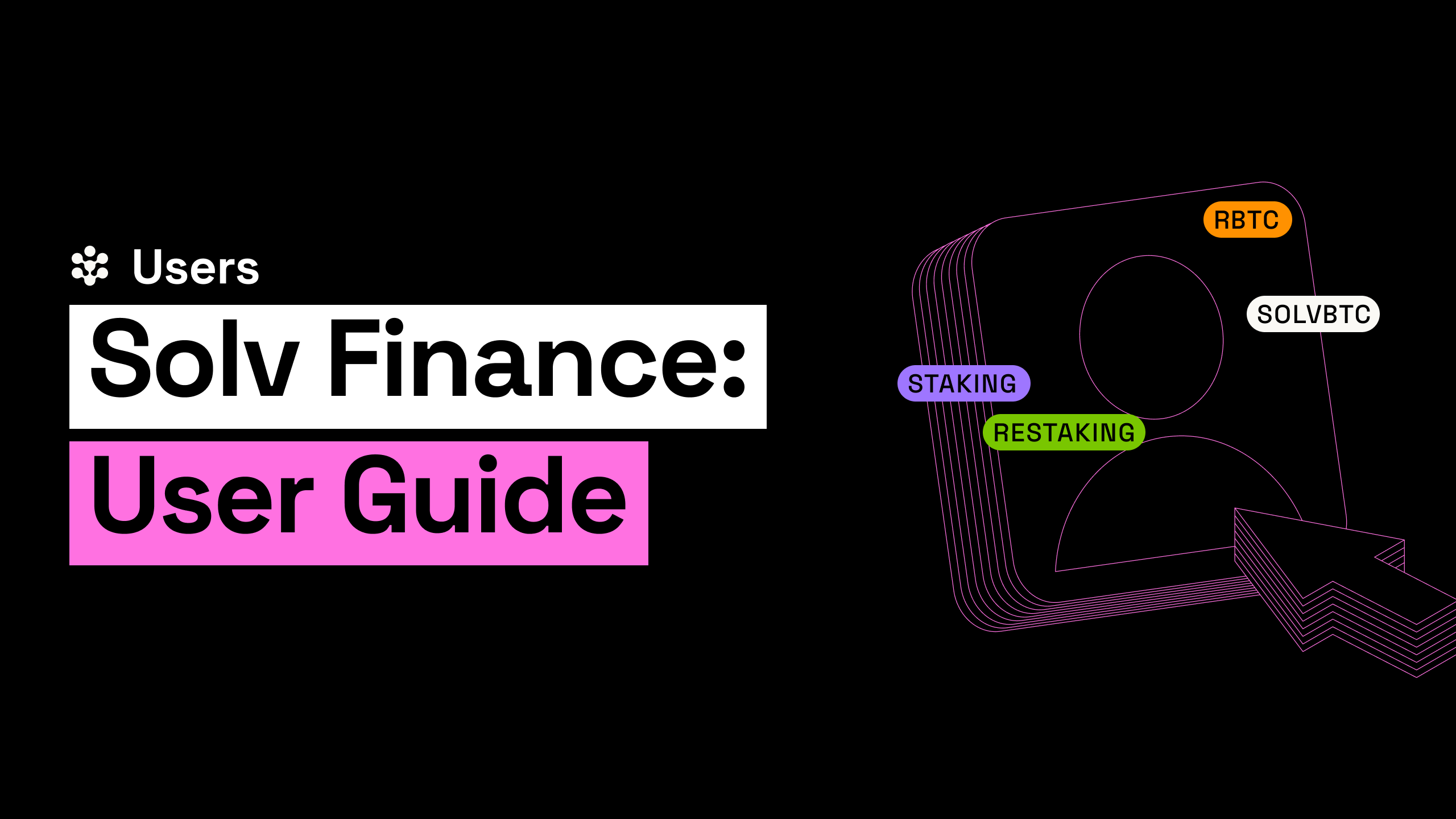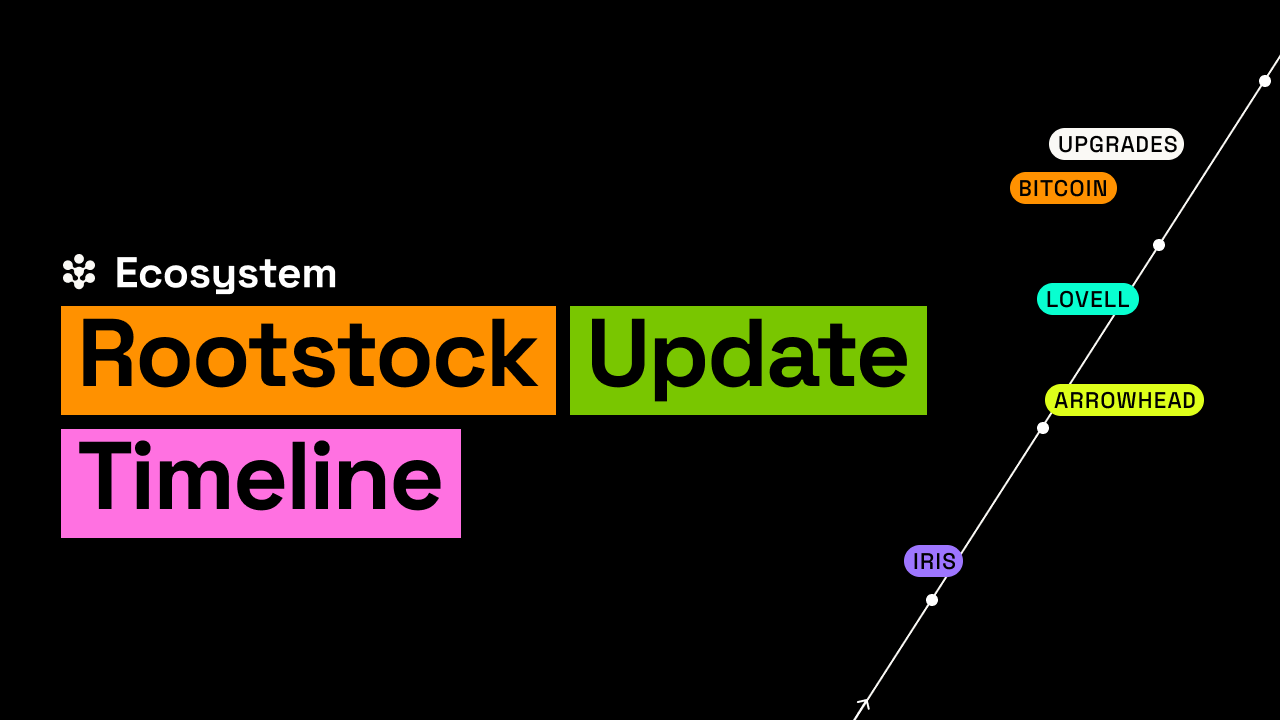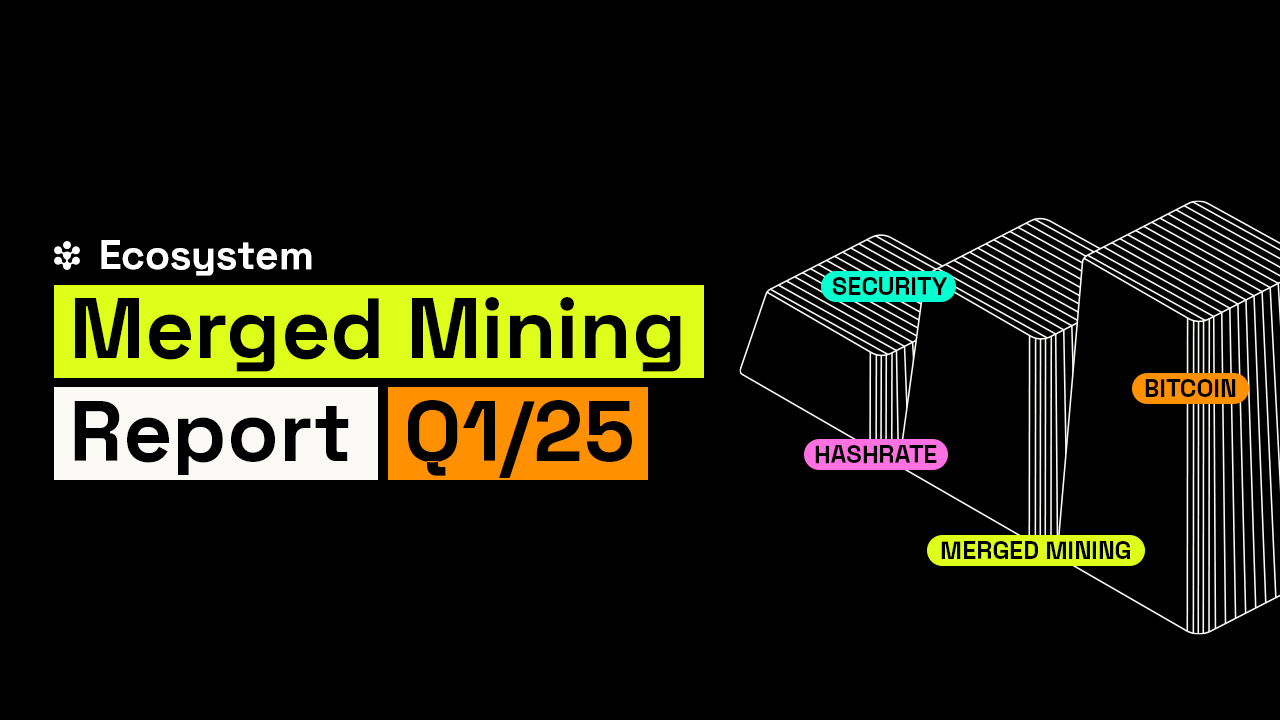Blockchain technology has the potential to transform the lives of billions of people by generating social impact. Just to mention a few examples, it can bank the unbanked, increase traceability on many products and services that we consume on a daily basis, create digital identities, reward scientific and medical research, etc. According to an interesting report from Stanford University (which analyzes 193 organizations that are leveraging blockchain technology for social impact), 55% of these initiatives are estimated to impact their beneficiaries by early 2019. On the same report, it’s interesting to notice that projects related to health, financial inclusion, energy and environment, donation, democracy and governance and agriculture are the ones that have generated more interest. The most common use cases for blockchain initiatives on the report are payments and money transfers (25%) and records and verification (26%). Blockchain’s most popular primary benefits are risk and fraud reduction (38%) and efficiency increase (24%).
Based on these estimations, it’s really encouraging to think that blockchain technology will indeed help people all over the world in the near future in many different ways. Let’s go over some examples to understand the potential of this technology on different industries/verticals.
Health Industry
Blockchain technology can provide the following benefits on this industry:
- Provide end-to-end traceability & prevent drugs counterfeit.
- Improve medical record access & keeping.
- Make electronic health records more accessible.
- Track medical credentials.
- Reward scientific research.
The Mediledger Project, is an open decentralized network for the pharmaceutical supply chain which will provide complete traceability on each product developed by this industry. Farmatrust is another interesting project with similar goals as it´s looking to reduce costs and eliminate counterfeit or substandard products. Medrec is looking to consolidate entire patients medical history using blockchain technology (throughout the years with different medical providers) and Modsense allows temperature tracking which is an important aspect for a wide range of medicines. These are just a few but relevant examples of how blockchain technology can be used in the health industry in many different ways.
Identity Verification & Access to the Financial System
When we previously analyzed blockchain technology for financial inclusion, providing identities to billions of people was the first required step on the process. Projects like Banqu, Aid:Tech & Secure Key clearly show how this technology can reduce costs while at the same time providing digital identities which could be used by several financial institutions to provide access to credit. E-stonia is a great example of how blockchain can be used for governance, taxation, residency, voting and many other uses. Bitpesa & IBM Blockchain World Wire are also good examples of how we can use blockchain to reduce intermediations costs on remittance services and settle cross border payments in seconds. Mojaloop is an interesting example showcasing how to bank the unbanked through blockchain technology.
Donations
Blockchain can provide end-to-end traceability to the donations industry. The main problem on this industry has always been the same: lack of transparency. The difficulty to track how funds are actually used and the restricted access to sensitive information can all be solved using blockchain technology. Humaniq, Rootproject, Givetrack, Circles of Angels and Blockchain For Humanity are good examples.
Food Production
Traceability is the key feature when thinking how we can use this technology within the food industry. It can be used to track food history and verify its authenticity. Organic, vegan and vegetarian food producers can benefit from this technology by providing their customers with a simple way to track the quality of their products. This also applies to coffee, seafood, minerals, timber, cotton and almost any product you can think of. Grassroots & Bext360 are interesting examples.
Renewable Energies
Restriction to credit has always been a major drawback for green-energy producers. Blockchain can enable these producers to access collective financing prior thorough analysis by experts on the field. In exchange for future tokenized electricity, blockchain enables mass production of energy using natural resources such as water, sun light and wind. Wepower, Electrify Asia & Grid Singularity, are interesting examples of blockchain technology applied to the energy production and exchange industry. Additionally, blockchain technology can help many people without access to an electricity grid, to share (or sell) its excess electricity production with its own neighbours. Solshare is a great example.
At RSK, we believe in the power of blockchain technology to improve the lives of billions of people. Projects like Circles of Angels, Givetrack and Blockchain for Humanity are good examples of how we are building the foundations of the Internet of Value.


